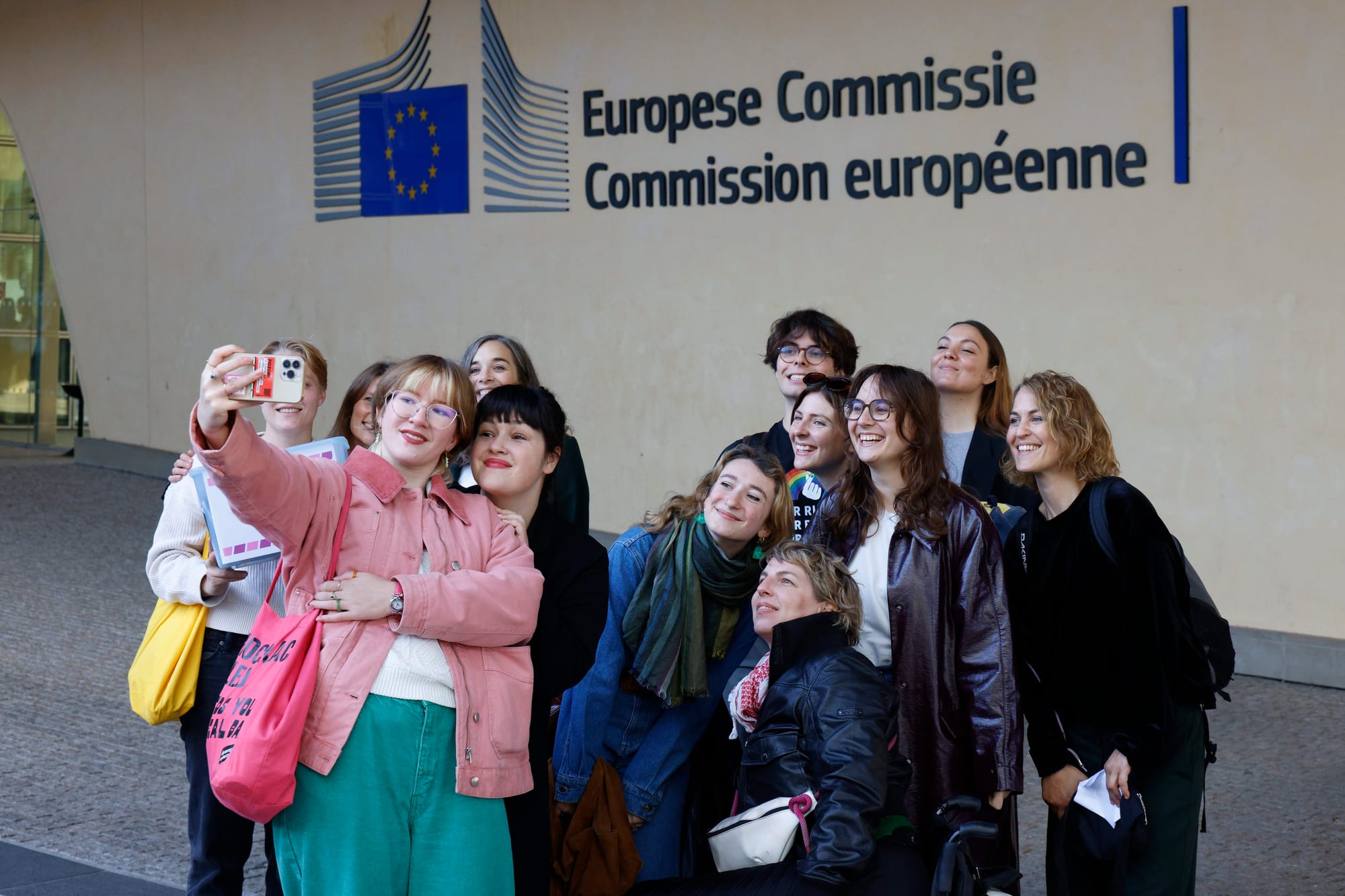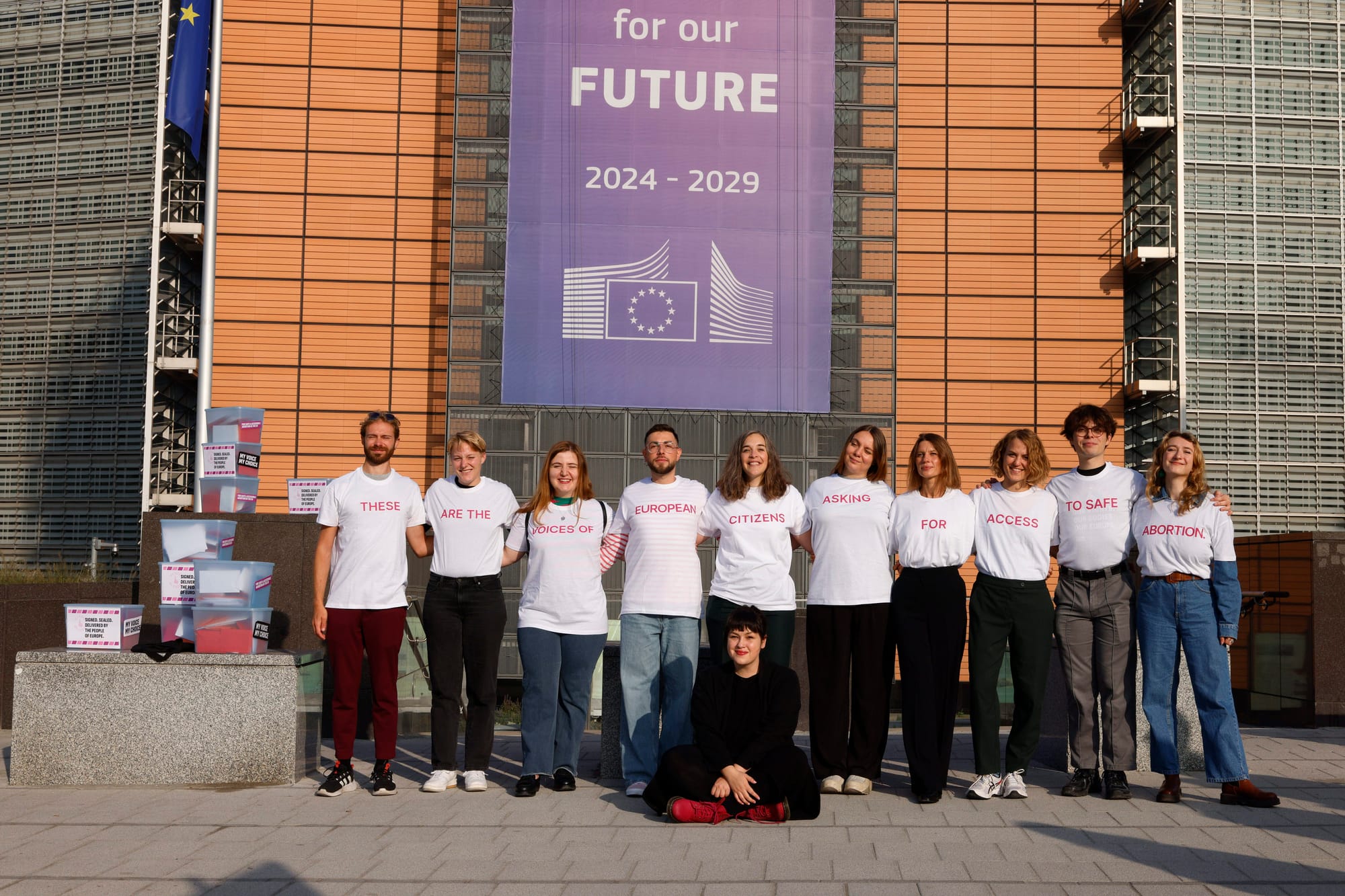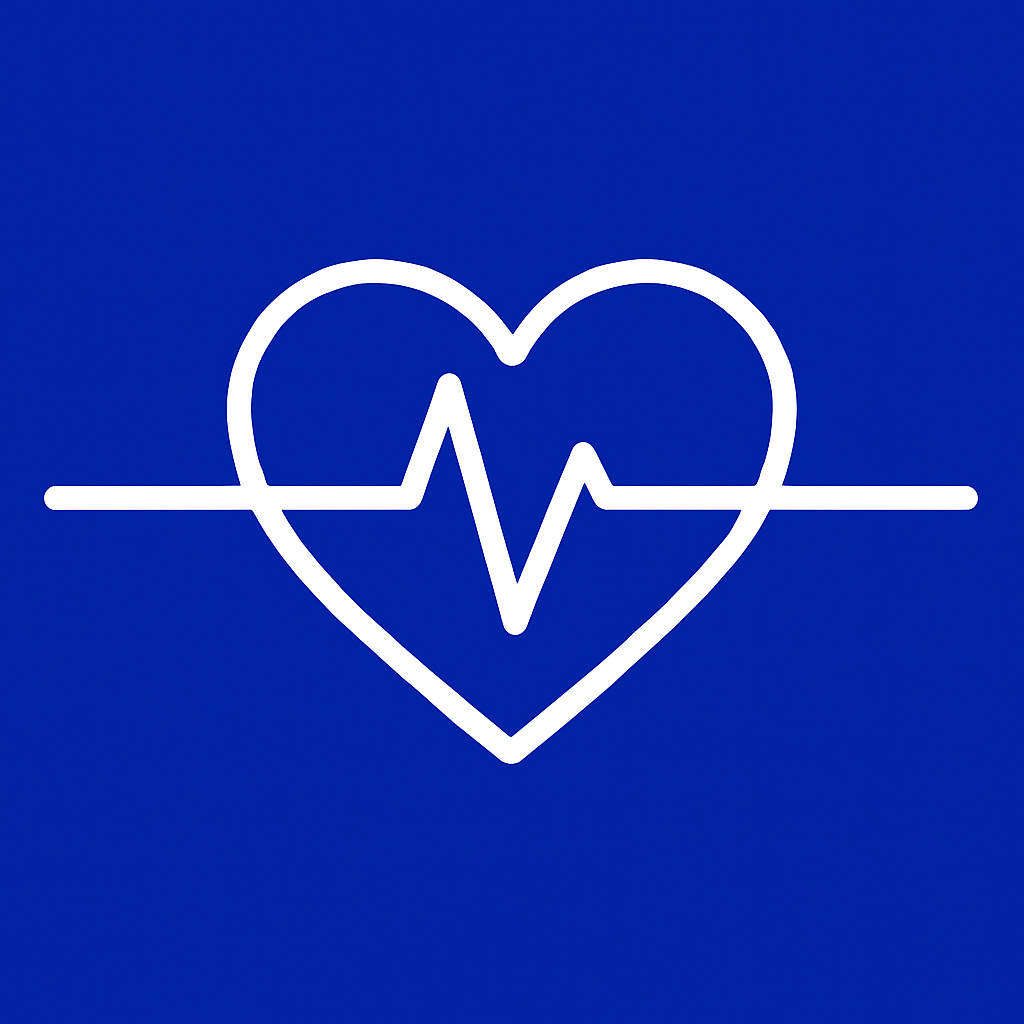‘My Voice, My Choice’ meets Commission after landmark petition on access to abortion
The ‘My Voice, My Choice’ campaign group met with the Commission following their collection of 1.1 million signatures

The campaign group My Voice, My Choice has officially presented its proposal for safe and accessible abortion in Europe to the European Commission, after collecting more than 1.1 million signatures across the EU.
“Today is a very big day, because we had our first official meeting with the European Commission. We were able to present our proposal for safe and accessible abortion in Europe to Commissioner Lahbib,” said campaign coordinator Nika Kovač at a press conference in Brussels.
The initiative began last year under the framework of the European Citizens’ Initiative (ECI), which requires at least one million signatures from seven or more member states for the Commission to formally consider a proposal. The campaign has now cleared that threshold.
While the group welcomed the opportunity for dialogue, they were told that the Commission’s formal response would not come until March 2026. Until then, campaigners see the meeting as an important first step.
Throughout the discussions, activists highlighted the stark differences in abortion access across EU member states.
In Malta, abortion is still fully criminalized. Journalist and advocate Belle De Jung noted that around 500 women and girls each year seek abortions—actions that Maltese law classifies as crimes. “What we call a crime, the rest of Europe calls health care,” she said, pointing out that taking abortion pills in Malta can carry a prison sentence of up to three years.
Even where abortion is legal, obstacles remain. Italian campaigner Alice Spaccini explained that, despite a law allowing abortion since 1978, access is often blocked by widespread medical objection. “In some regions, 80% of gynecologists are objectors, creating a serious obstacle for women,” she said. Italy was one of the strongest supporters of the initiative, with more than 165,000 signatures gathered.

The campaign is also exploring the possibility of creating a European fund to support people who need to travel across borders for abortion care. While details remain scarce, Kovač confirmed that such a mechanism could be designed as a voluntary scheme among member states.
Organizers emphasized that support for the initiative has cut across political, generational, and religious lines. “We were surprised by how many retired people and people from different backgrounds signed on,” Kovač said, underscoring the breadth of support for the cause.
The My Voice, My Choice campaign will continue pressing for a European framework that ensures safe and accessible abortion, while awaiting the Commission’s official response in spring 2026.
